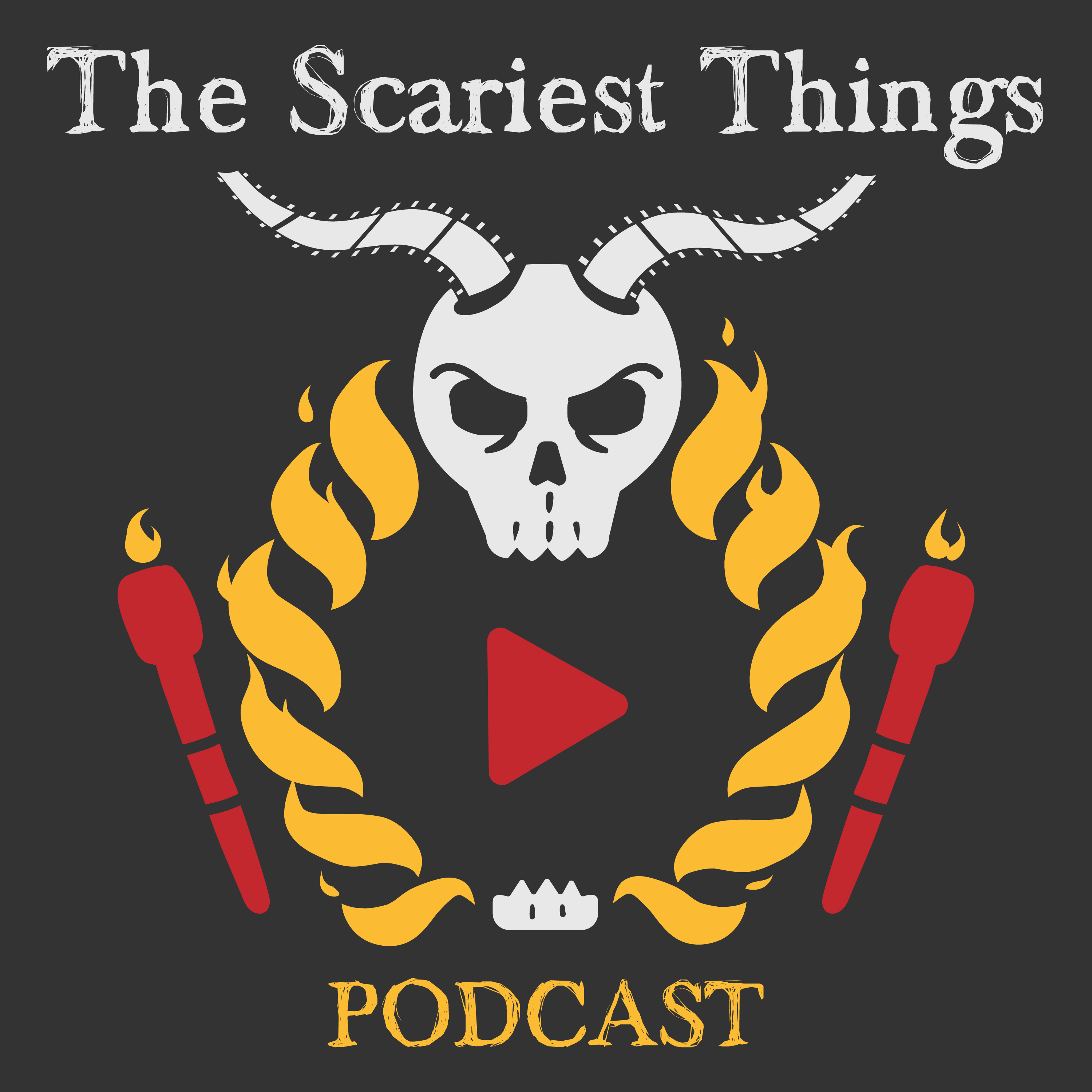The Scariest Things Podcast Crypticon Extra: DSM-5 in Horror with Psychologist Terri Hardin
“We Are Not Monsters” At Crypticon in Seattle, Eric was on a discussion panel with Jungian scholar Willy Greer, whom I know well as one of the hosts of the Portland Horror Trivia Massacre, and also psychological trauma therapist Terri Harden, who was the panel moderator for the evening. We had just done a panel for one of my favorite subjects, the disabled in horror, and we followed up with the DSM-5 and Modern Horror, and to be honest, my reaction to being assigned to this panel was, “Wait, what? What is this panel about?” I received proper schooling in psychological diagnostics, courtesy of Ms. Harden, and honestly, I learned a lot from her through our panel and the interview that I asked her to do with me to prepare myself for the event. DSM-5 is the Diagnostical and Statistical Manual of Mental Disorders, Fifth Edition, and its most current form was revised in 2013. This is a psychology user’s patient taxonomic user manual. Diagnostic criteria for this model include: Neurodevelopmental disorders Schizophrenia spectrum and other psychotic disorders Bipolar and related disorders Depression Anxiety Obsessive-Compulsive and Related Disorders Trauma and stressor-related disorders Dissociative disorders Somatic Symptoms and Related Disorders Disruptive Impulse-Control and Conduct Disorders Substance Abuse and Addiction Personality Disorders Paraphilic Disorders The connection to horror hits at many levels, both on why we watch horror movies, and also the messaging within the movies themselves. Horror is built around emotional disruption at its core. Being scared is a psychological rush, and we are drawn to it. Why? What would drive somebody towards something that inherently is filled with dread, panic, and fear? It’s complicated. And it’s great to have someone like Terri here to explain some of this to us. The beauty of modern horror is that the best of them address mental illness in a much more nuanced way than the crazy outsider with a machete. The psycho-killer has graduated to the grieving mom struggling to keep her fears from spiraling out of control. Current horror culture doesn’t gloss over mental illness as much anymore. It’s not about political correctness either. This becomes serious character studies with strong deeply set character arcs that follow the rise, fall, and recovery (or destruction) of key characters in our horror movies. This is the new modern horror approach. Protagonist-forward, character-driven, with stories that are rooted in their struggles on a very personal level. I had a fun opportunity to bounce a few movies off of Terri to get her quick diagnoses of a few notable modern horror classics:

